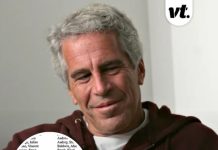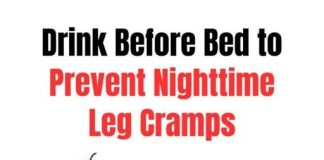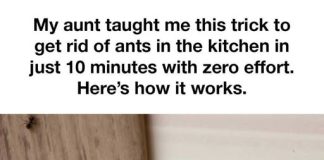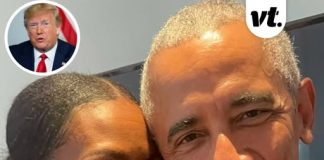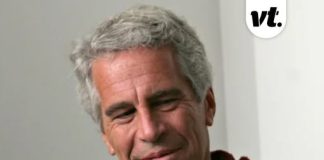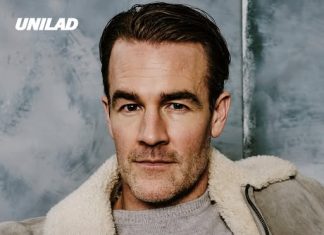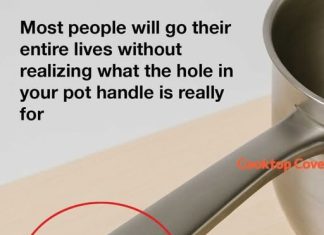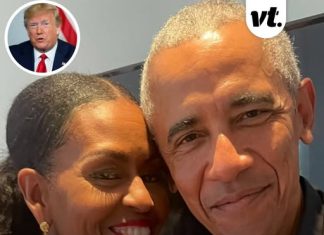In today’s evolving job market, the intersection of personal expression and professional expectations continues to spark debate. A recent incident involving 23-year-old Ash O’Brien from California has brought this issue into the spotlight. O’Brien, who sports multiple facial piercings and prominent tattoos, applied for a position at T.J. Maxx but was rejected. She believes her appearance played a significant role in the decision, despite the company’s assertion that lack of experience was the primary factor.
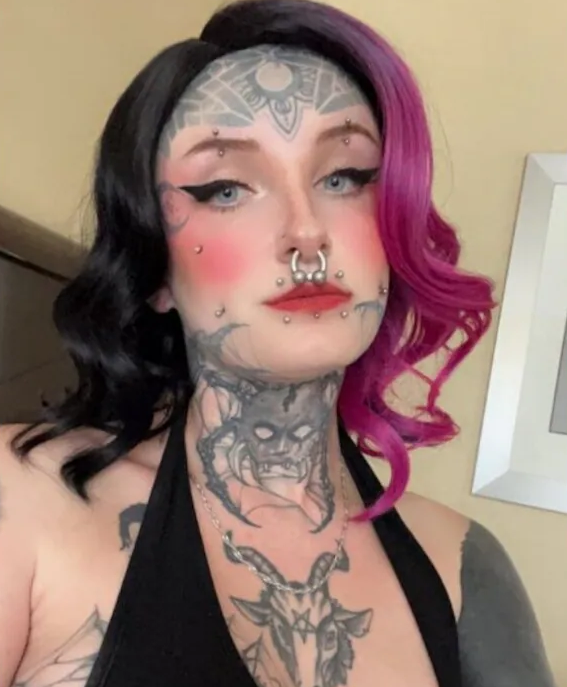
O’Brien took to TikTok to express her frustration, stating, “I hate that my tattoos are such a defining factor for me getting a job or not.” Her video quickly went viral, amassing over 7 million views and igniting discussions about workplace biases and the acceptability of body art in professional settings.
The hiring manager at T.J. Maxx reportedly informed O’Brien that her application was declined due to insufficient experience, denying that her tattoos influenced the decision. However, O’Brien remains skeptical, feeling that her appearance was a contributing factor. She questioned, “Just because I have tattoos doesn’t mean I’m not going to be a good worker.”
The incident has elicited a range of responses online. Some individuals empathize with O’Brien, sharing their own experiences of perceived discrimination based on appearance. Others argue that employers have the right to set standards for employee appearance, especially in customer-facing roles. One commenter noted, “There is no way any company would put you in front of customers like T.J. Maxx.”
Experts suggest that while tattoos and piercings are becoming more accepted, especially among younger generations, biases still exist. Workplace consultant Minda Harts explains, “Many organizations now prioritize diversity and inclusion, recognizing that personal expression through body art does not inherently impact an individual’s professional capabilities or work ethic.” However, she also notes that traditional views on appearance persist in some industries, particularly those with strict dress codes or significant client interaction.

O’Brien’s experience underscores the ongoing tension between self-expression and professional norms. As societal attitudes continue to shift, it’s essential for both employers and job seekers to engage in open dialogues about inclusivity and the evolving definitions of professionalism.
In conclusion, while personal appearance should not overshadow qualifications and work ethic, it’s evident that biases still influence hiring decisions. O’Brien’s story serves as a reminder of the challenges individuals may face when their personal expression doesn’t align with traditional professional standards.






